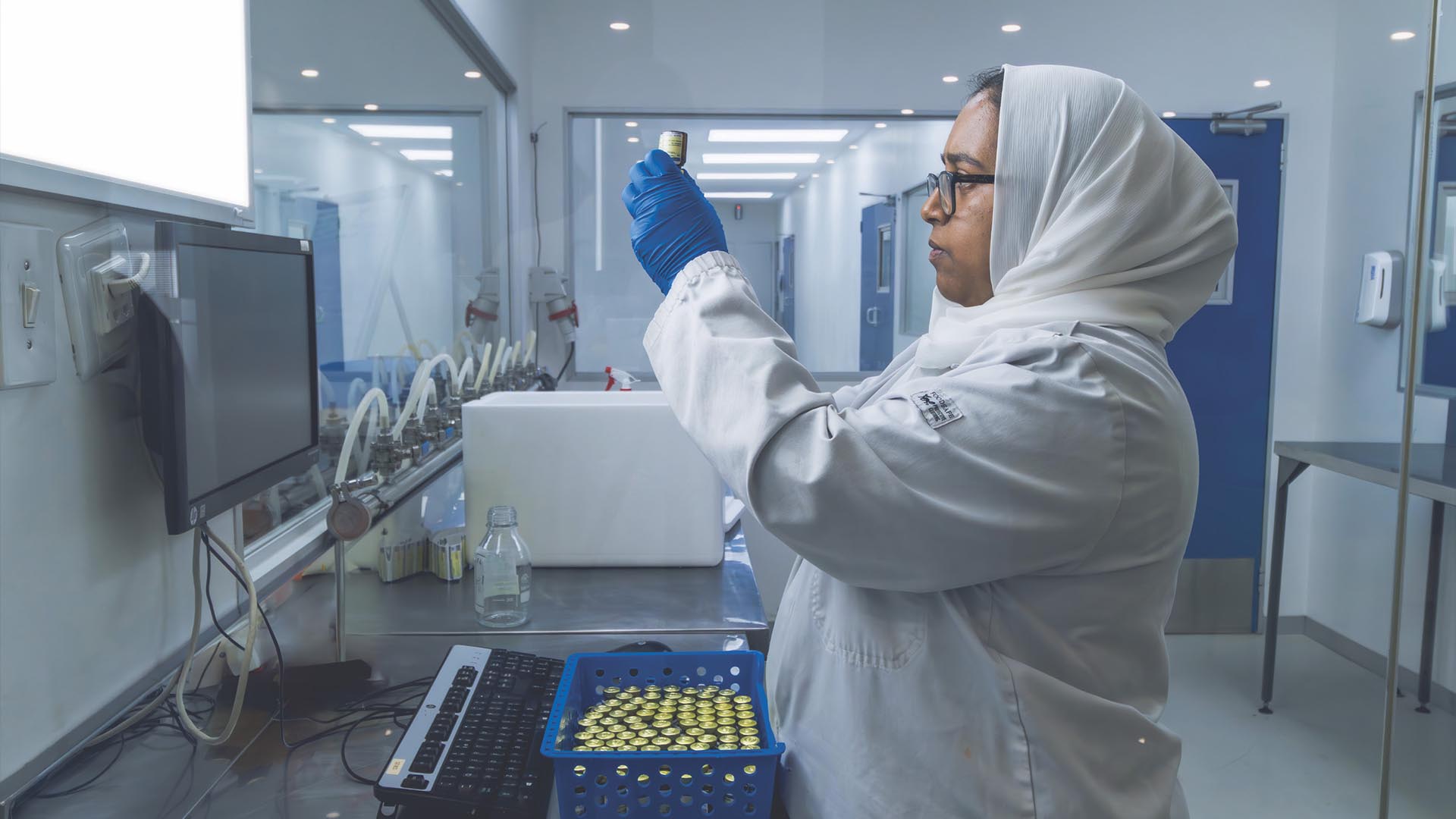A Robust Quality System Is Essential for Compounded Veterinary Medicines

In veterinary medicine, selecting the right pharmacy to compound necessary medications is crucial to provide the best care for animal patients. Understanding the importance of an independent quality system can assist in making this selection. Quality in this context refers to the rigorous standards and procedures a pharmacy follows to ensure that medications are safe, effective, and reliable for veterinary use. A quality management system further extends to include factors such as exceptional customer service, robust business continuity, and other critical components.
Quality cannot only be directly tested, yet it forms an important part of the processes and structure of a pharmacy. While testing and quality checks, known as Quality Control, are vital aspects of quality systems, they only represent a component of the system that encompasses much more.
A quality system must evaluate the risk of compounded medicine to both patients and the public. For instance, a one-time extemporaneous compound for an individual non-food-producing animal may pose a lower risk than a veterinary medicine prepared for a herd of cattle. However, both pharmacists and veterinarians bear equal responsibility for the professional services provided. Thus, veterinarians need to determine who they trust to prepare compounded veterinary medicine for their practices.
At a minimum, any company supplying, producing, or compounding products related to the animal health industry, must comply with the relevant legislative and regulatory requirements. Pharmaceutical companies that, for instance, manufacture, import, or wholesale pharmaceutical products, are regulated by SAHPRA (South African Health Products Regulatory Authority), through various guidelines which may apply, for example, Good Manufacturing Practices (GMP), Good Warehousing Practices (GWP), and Good Clinical Practices (GCP).
For Stock Remedies used to the prevention and treatment of disease conditions, or the maintenance, growth, and improvement of animal health, a production facility must be registered under Act 36. There are currently no guidelines for obtaining this certification, and the responsibility to ensure that there are sufficient procedures and systems implemented lies with the registration holder.
For pharmacies to obtain a licence to operate they must adhere to Good Pharmacy Practices (GPP) guidelines set out by the South African Pharmacy Council (SAPC). Pharmacies are inspected periodically by a SAPC representative to maintain their licence and achieve a grading status. A low grading, which means noncompliance to the GPP guidelines, can lead to a pharmacy losing its licence.
In June 2023 SAHPRA published guidelines on Good Medicine Compounding Practices (GMCP) for comment. The final document is not yet published at the time of this article. The draft, however, emphasises the importance of proper quality systems in any pharmacy or veterinary establishment involved in compounding of veterinary medicines.
A robust, independently audited quality system offers veterinarians the strongest assurance of reliable compounding practices and a consistent supply of compounded medicines, beyond mere regulatory compliance. To accomplish this, V-Tech adopted the ISO9001 Quality Management System. ISO9001 is an internationally recognised standard for quality management which follows a risk-based process approach.
This standard offers a framework and principles that ensure management of the organisation that leads to consistent customer satisfaction, continuous improvement, quality products and services, and safeguarding business continuity. V-Tech uses ISO9001 as the foundation for developing its quality management system, ensuring compliance with essential guidelines and regulations. Additionally, V-Tech integrated all company operations into the system to enhance overall company growth and improvement. A key method of managing such a system involves establishing and upholding documented procedures for all company departments and functions. These procedures are regularly reviewed and updated to maintain consistency across the organisation. Furthermore, the system’s outputs are regularly analysed to identify and address areas of risk and opportunity.
V-Tech’s quality system is externally audited annually by SGS, a Swiss multinational company specialising in certification and auditing services. SGS evaluates V-Tech’s quality management system to ensure it meets internationally acceptable standards. Each year, an auditor with extensive experience in the pharmaceutical industry conducts a thorough examination of V-Tech’s system. This audit verifies adherence to documented procedures, regulatory compliance, evidence of ongoing improvement, and alignment with industry benchmarks. This rigorous process ensures V-Tech maintains a consistently high standard of quality across its operations. By obtaining ISO9001 certification, V-Tech demonstrates its dedication to quality and establishes itself as a leading provider of Stock Remedies and compounded medicines for the animal health industry and veterinary professionals.
Given the significant impact compounded medicines have on animal safety and public health, it’s paramount that the responsible pharmacy maintains an independent quality system subjected to external auditing. This certified system guarantees the integrity, reliability, and safety of the services provided, as well as all operations contributing to the successful compounding and delivery of the final medicine product.